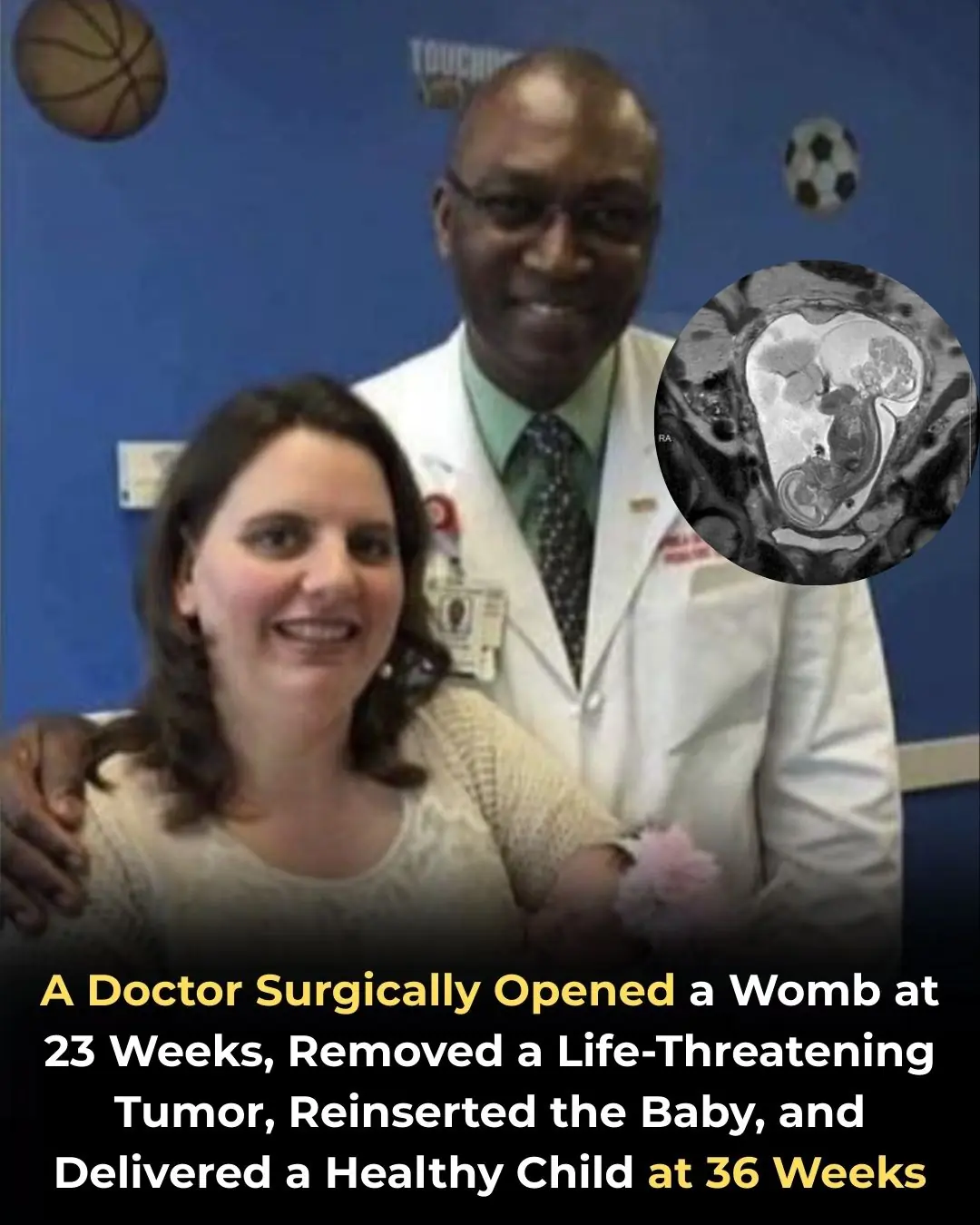
Tardigrade protein could soon protect cancer patients against radiation
Tardigrade protein could soon protect cancer patients against radiation
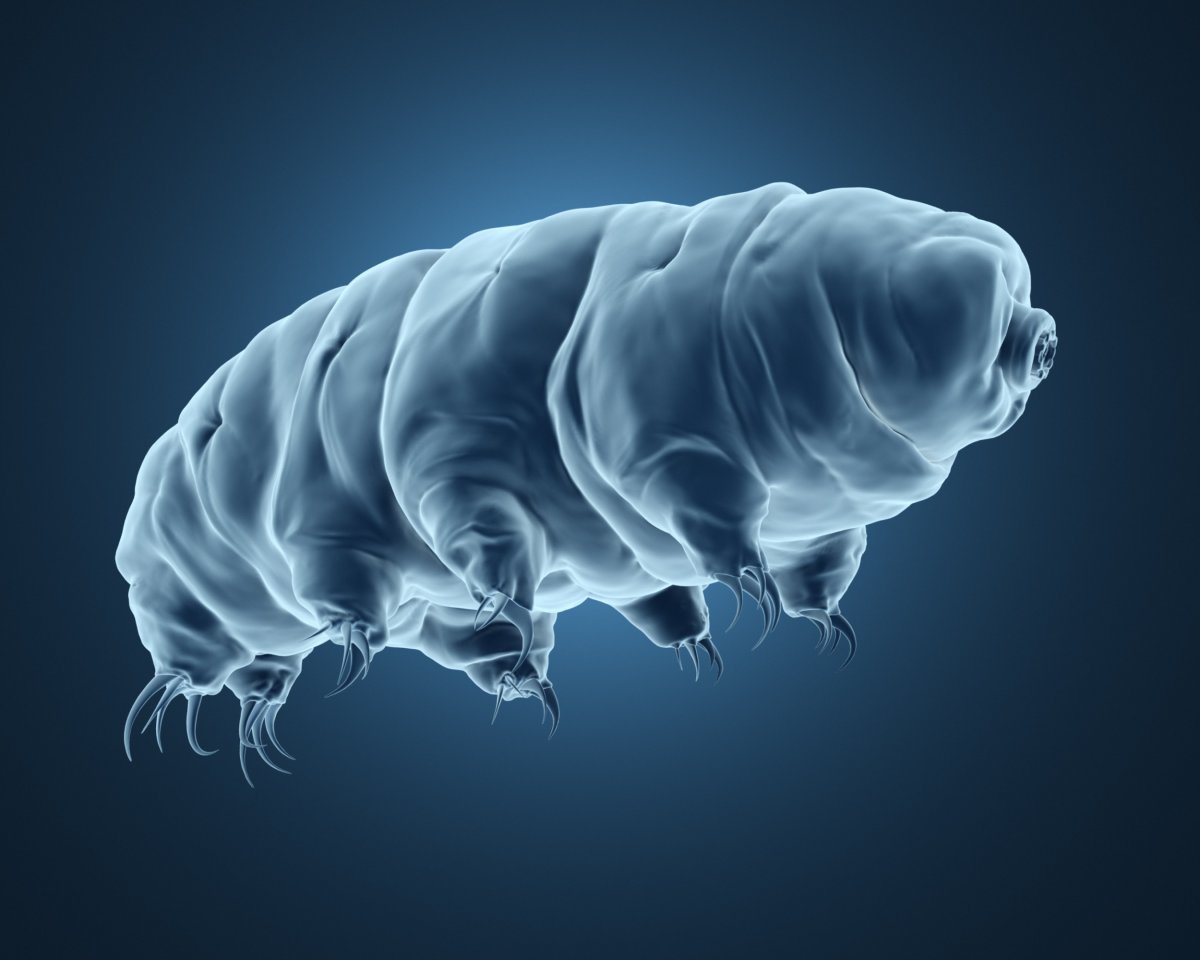
Scientists are unraveling the secrets behind tardigrades' extraordinary resilience to extreme conditions. These hardy animals, known for their ability to withstand radiation doses far surpassing those lethal to humans, produce a unique protein called Dsup, which protects their DNA from radiation-induced damage.
Researchers at Harvard Medical School and the University of Iowa successfully isolated and utilized messenger RNA (or mRNA) to deliver this protective protein into cells, offering a promising avenue for mitigating the harmful side effects of cancer radiotherapy.
Radiotherapy, while effective in targeting tumors, inevitably damages healthy cells, leading to DNA breaks, cell death, and inflammation, manifesting in debilitating side effects like mouth sores, pain, weight loss, and bleeding, severely impacting patients' quality of life.

The discovery of Dsup's protective capabilities in 2016 ignited hope for its application in cancer treatment, as it was shown to reduce X-ray-induced DNA damage in human cells by approximately 40%.
In preclinical studies, mice treated with Dsup-encoding mRNA prior to radiation exposure exhibited significantly fewer DNA breaks in rectal and oral tissues compared to untreated controls, demonstrating the potential of this approach to protect healthy tissues during radiotherapy. The mRNA treatment did not interfere with tumor volume, confirming its safety and specificity.
While these findings are promising, further research is necessary to validate the efficacy and safety of Dsup-based radioprotection in humans. Beyond cancer, the potential applications of Dsup extend to protecting against radiation exposure in other contexts, such as space exploration and nuclear accidents, offering a versatile tool for safeguarding human health in diverse environments.
News in the same category

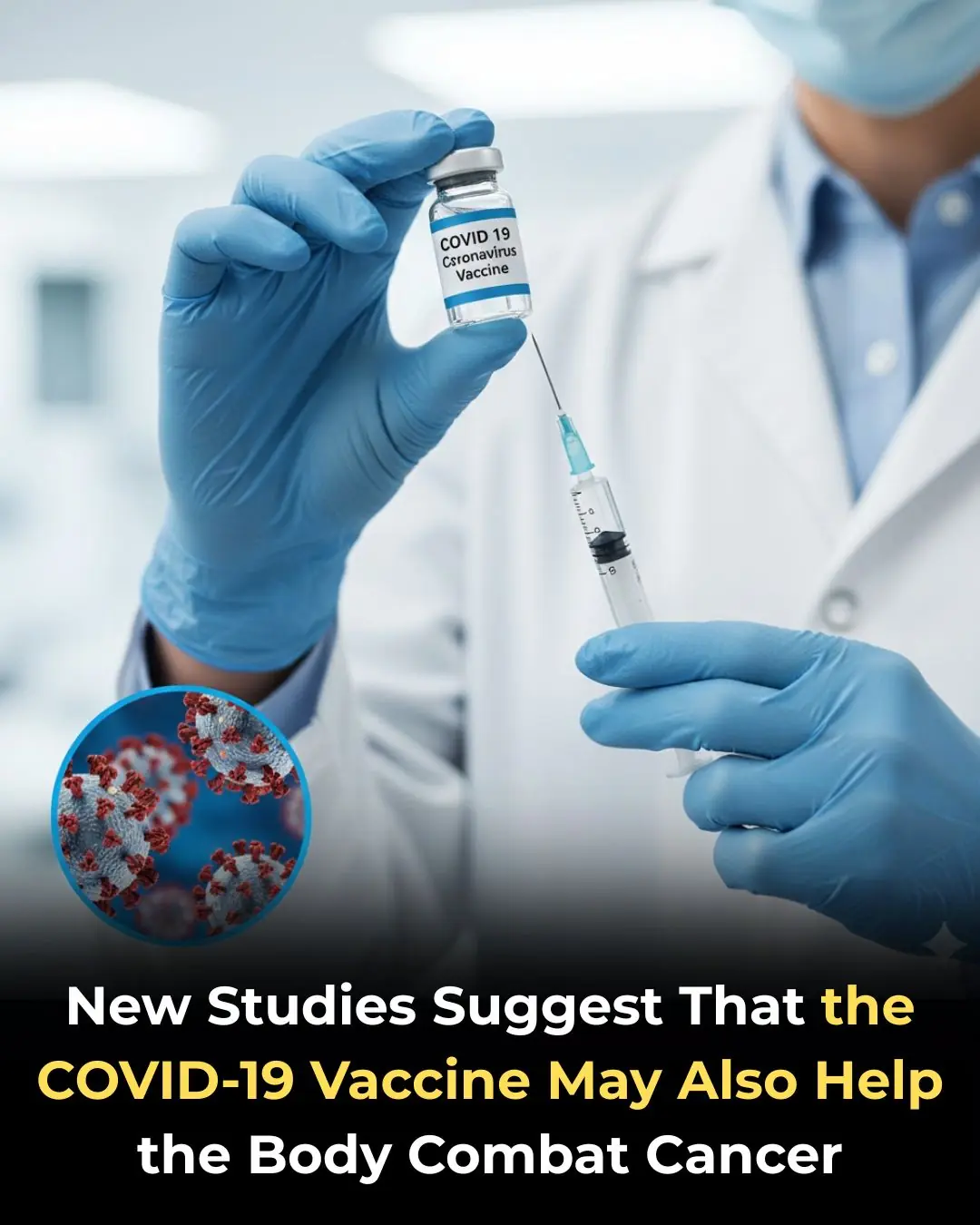
🔬 How Vaccines May Boost Broader Immunity
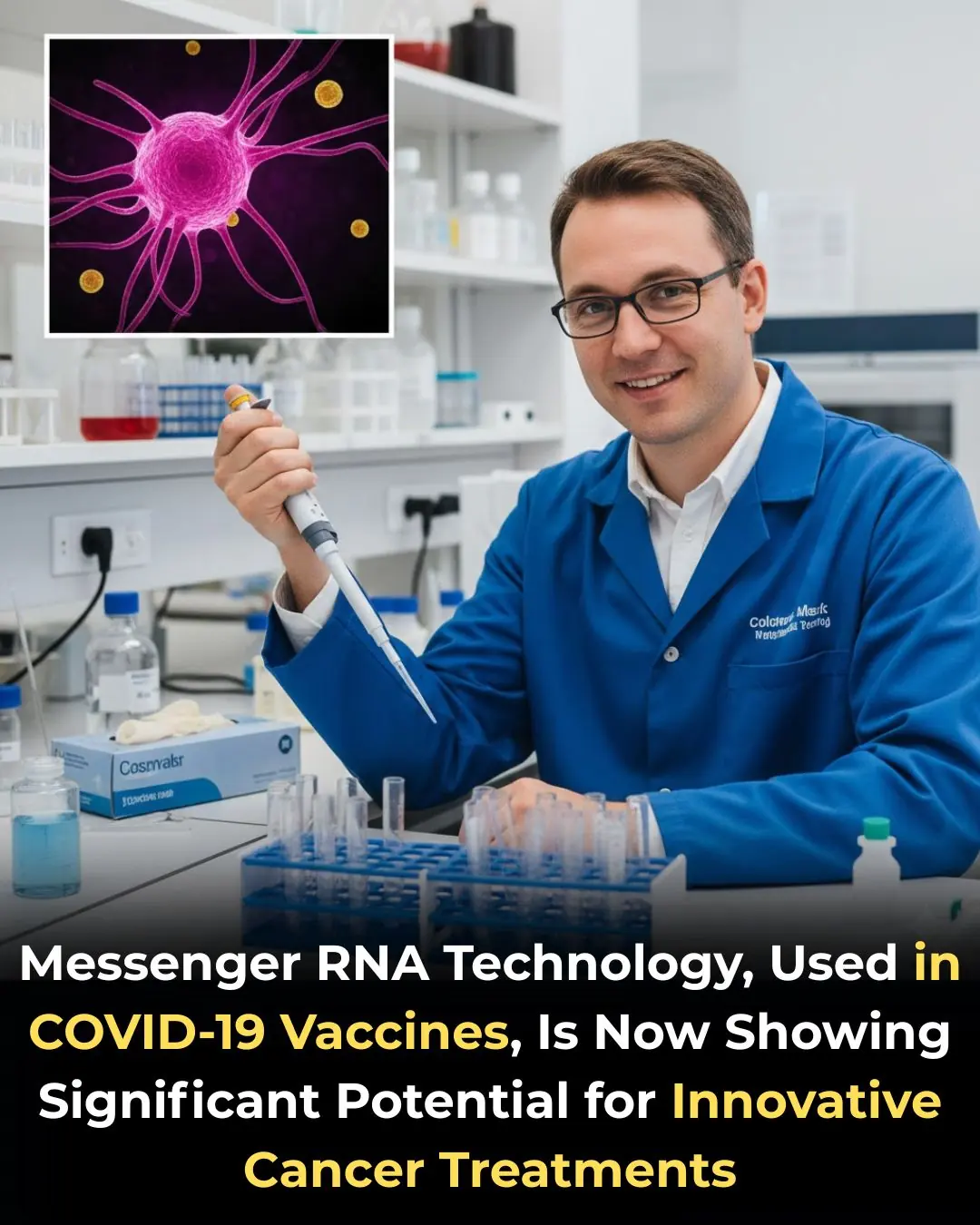
🔬 How mRNA Cancer Therapy Works

🧪 Historical Context: Sugar vs. Fat in Nutrition Science
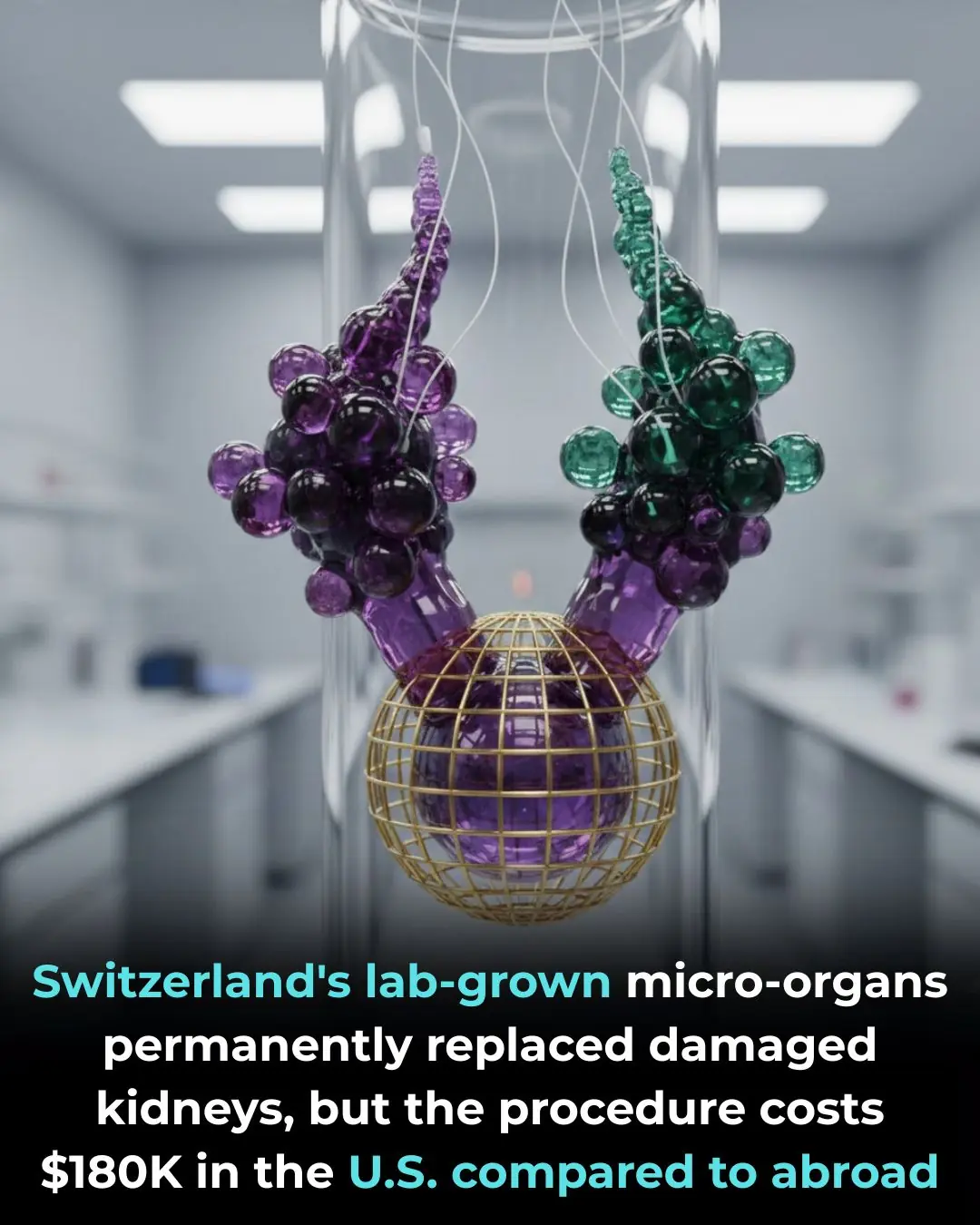
🧪 The Breakthrough in Switzerland

Pineapple and Cucumber: A Natural Gut Health Remedy
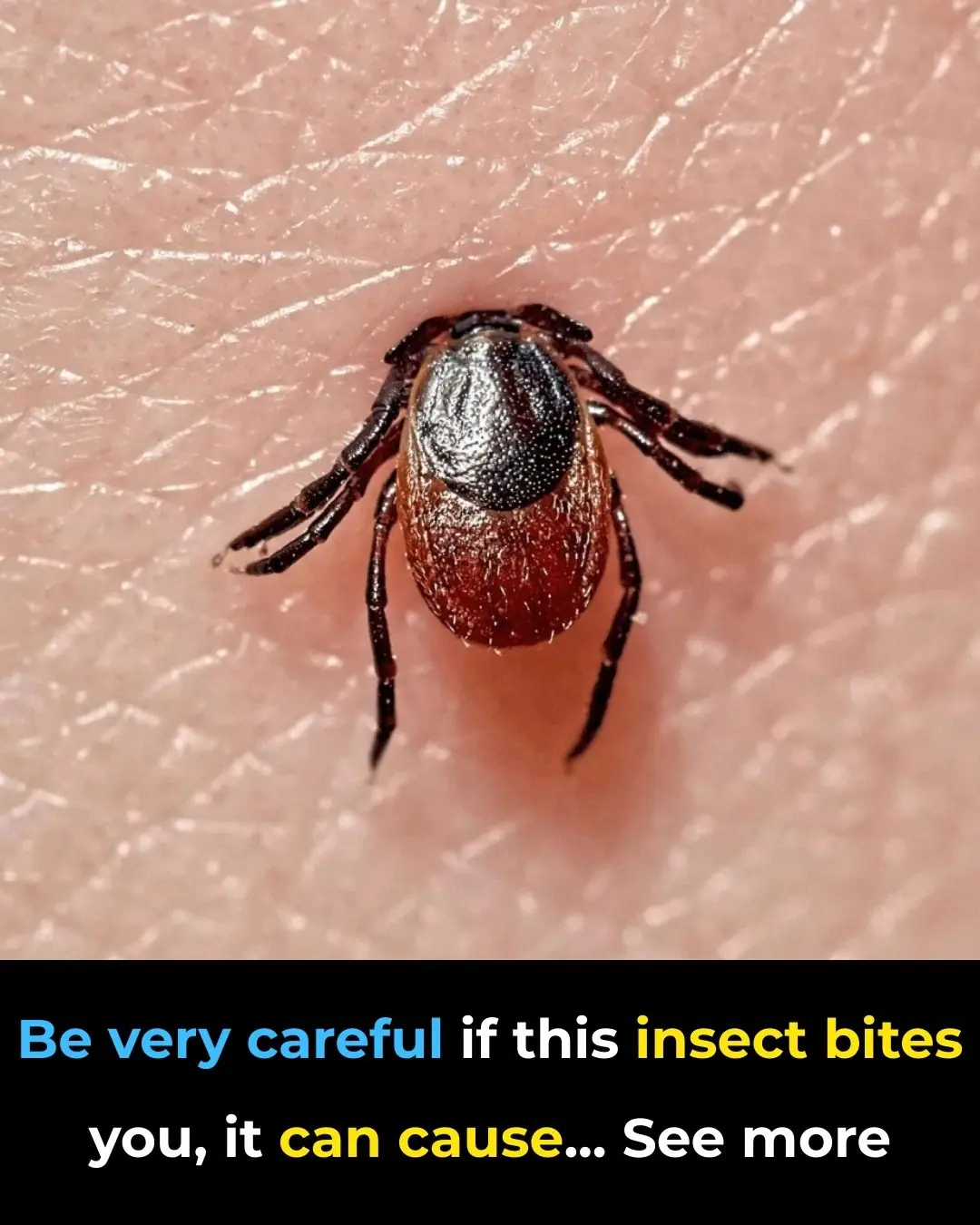
Lyme disease: causes, natural treatment, and how to effectively prevent it
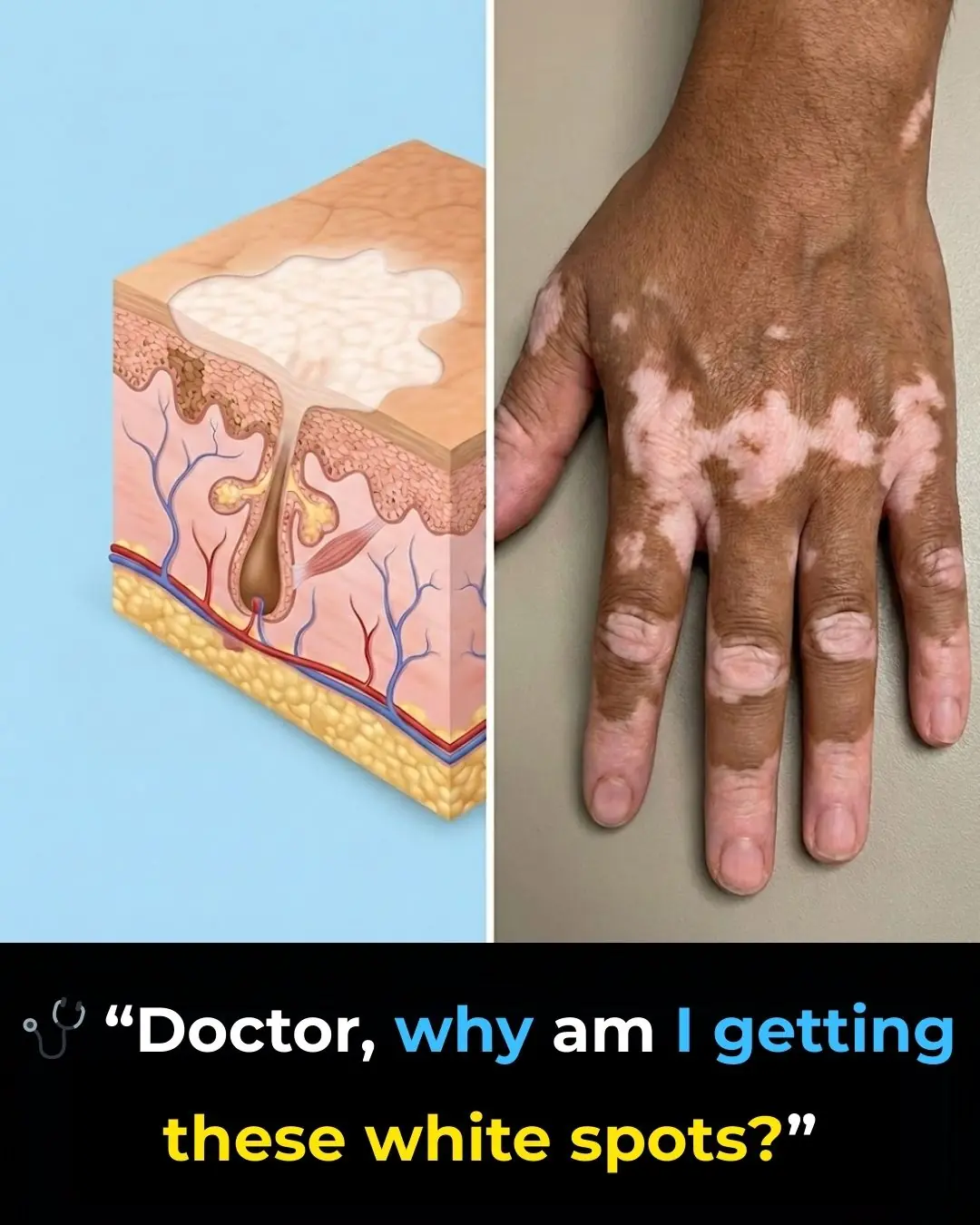
Understanding Vitiligo: Causes, Diagnosis, and the Importance of Medical Evaluation
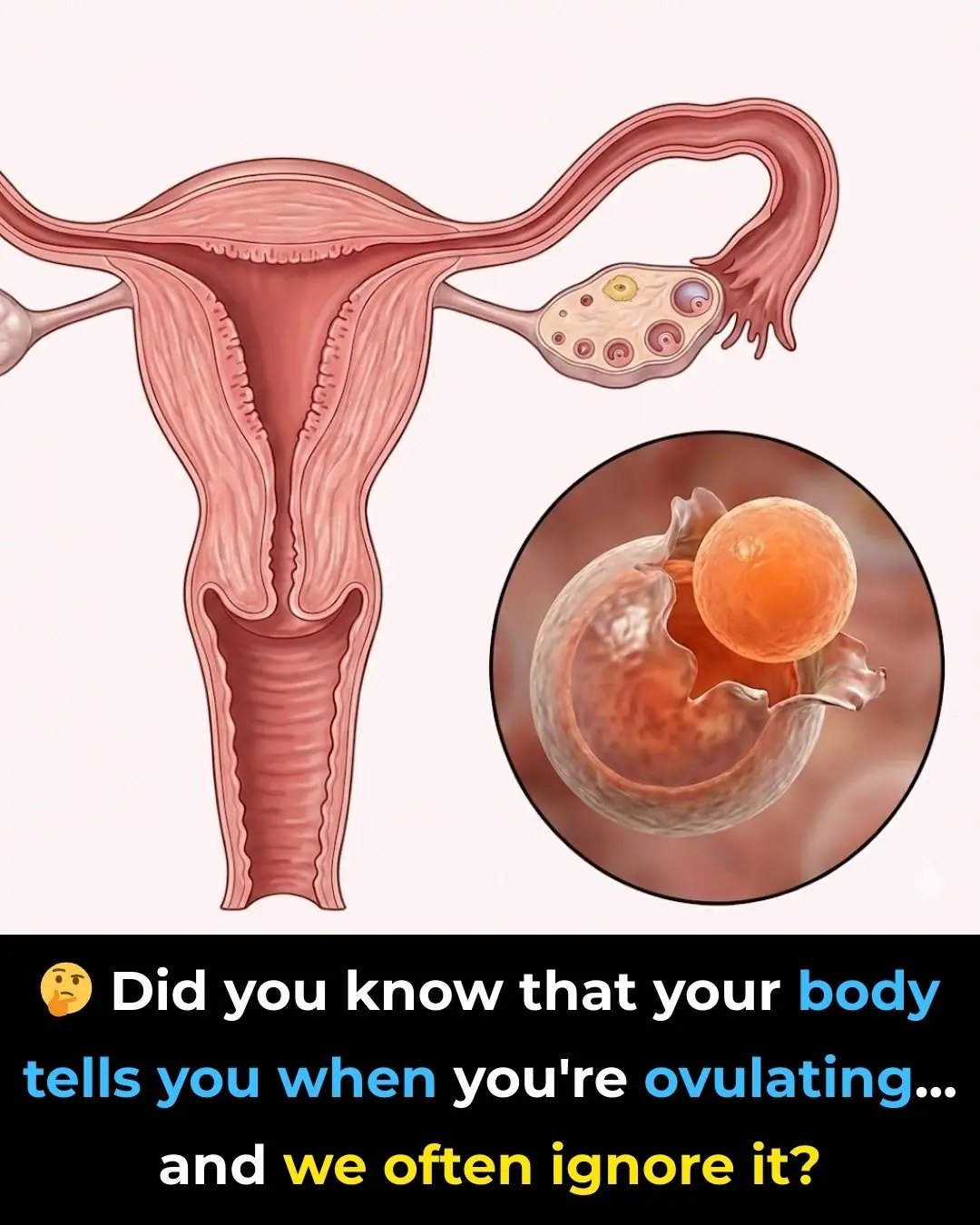
Understanding Ovulation: Key Signs Your Body Sends and Why They Matter
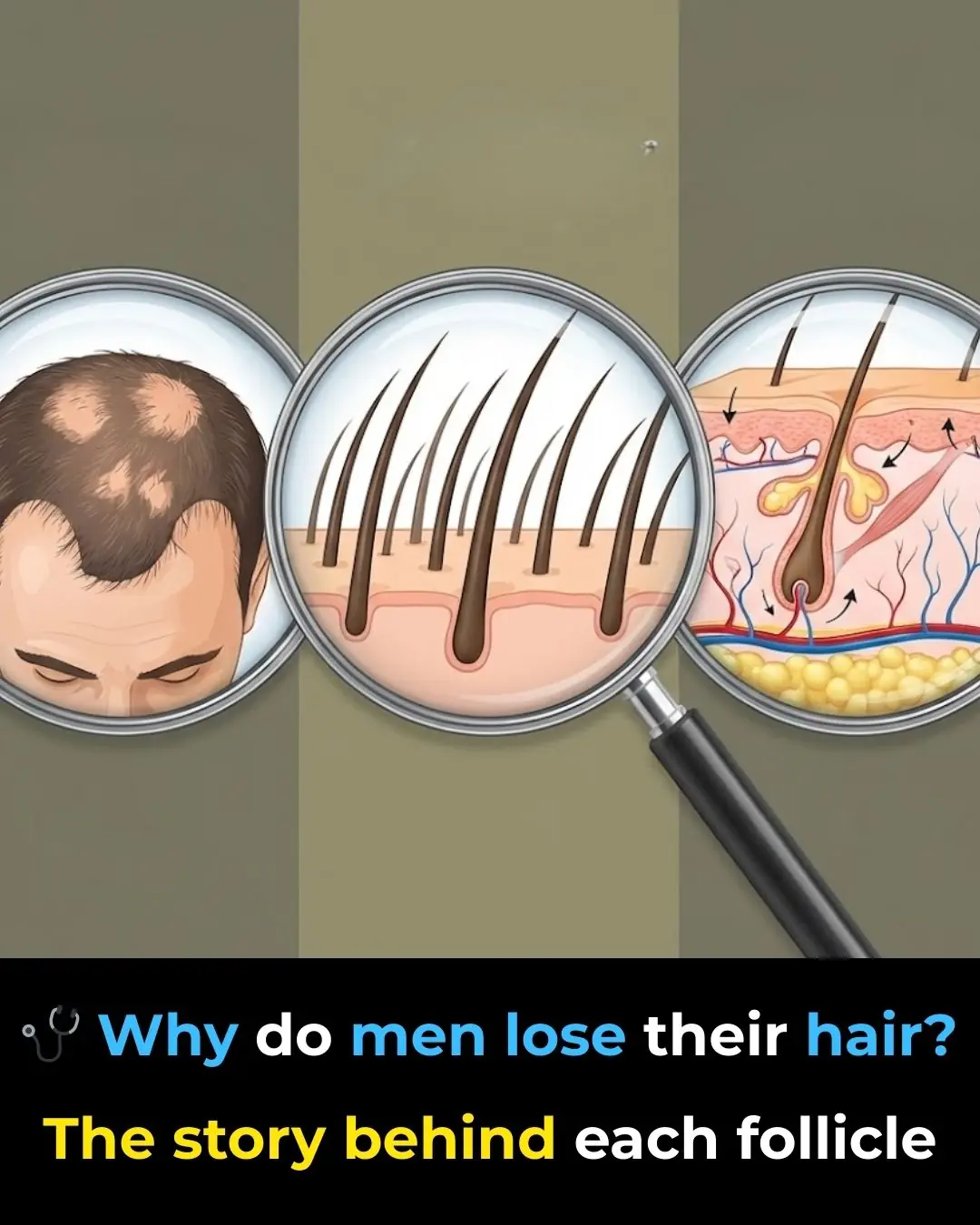
Why Do Men Lose Their Hair? The Story Behind Every Follicle
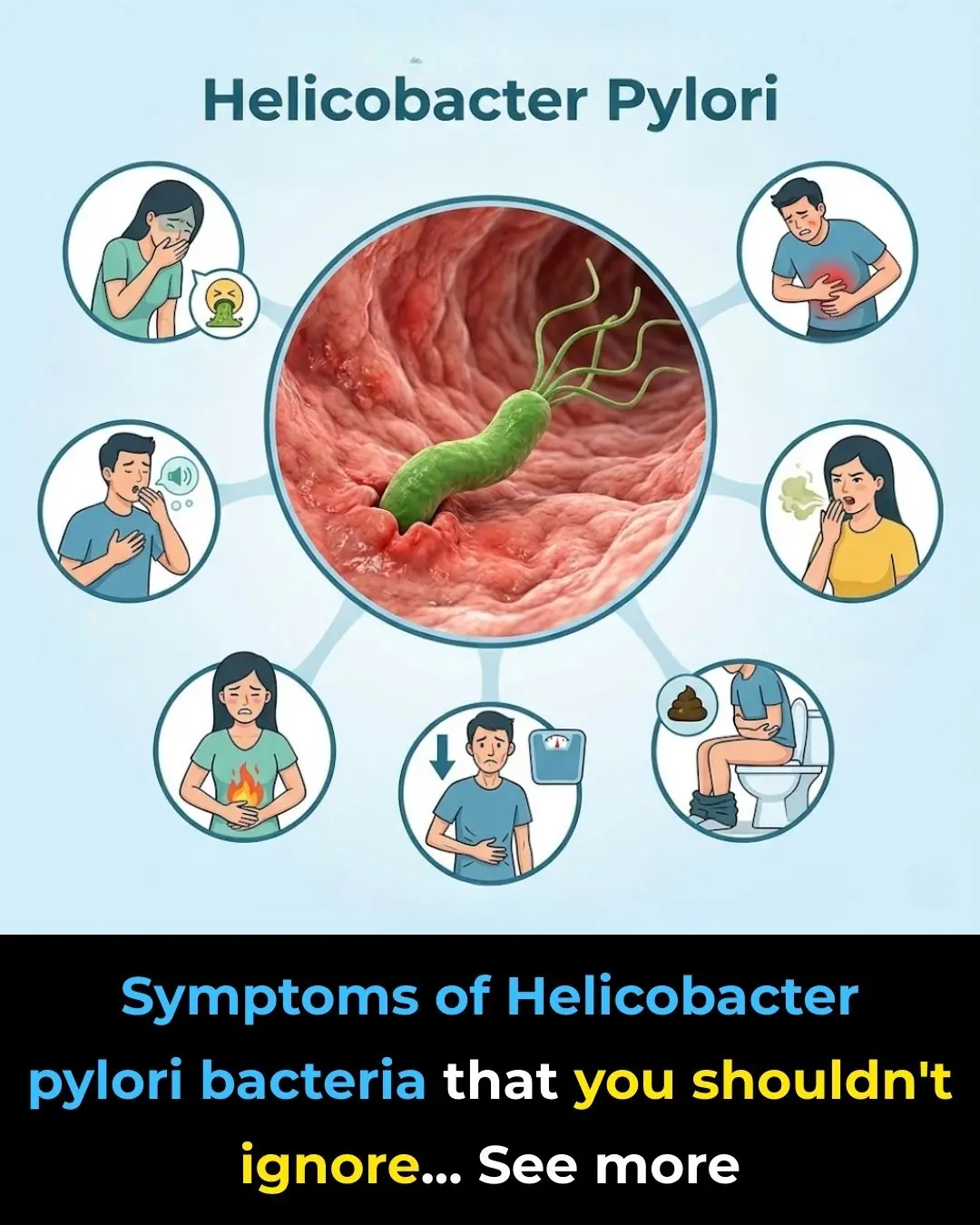
Muña vs. Gastritis: Peruvian scientist demonstrates its power against the Helicobacter pylori bacteria

Early Menopause: Recognizing the Signs, Understanding the Risks, and Steps You Can Take
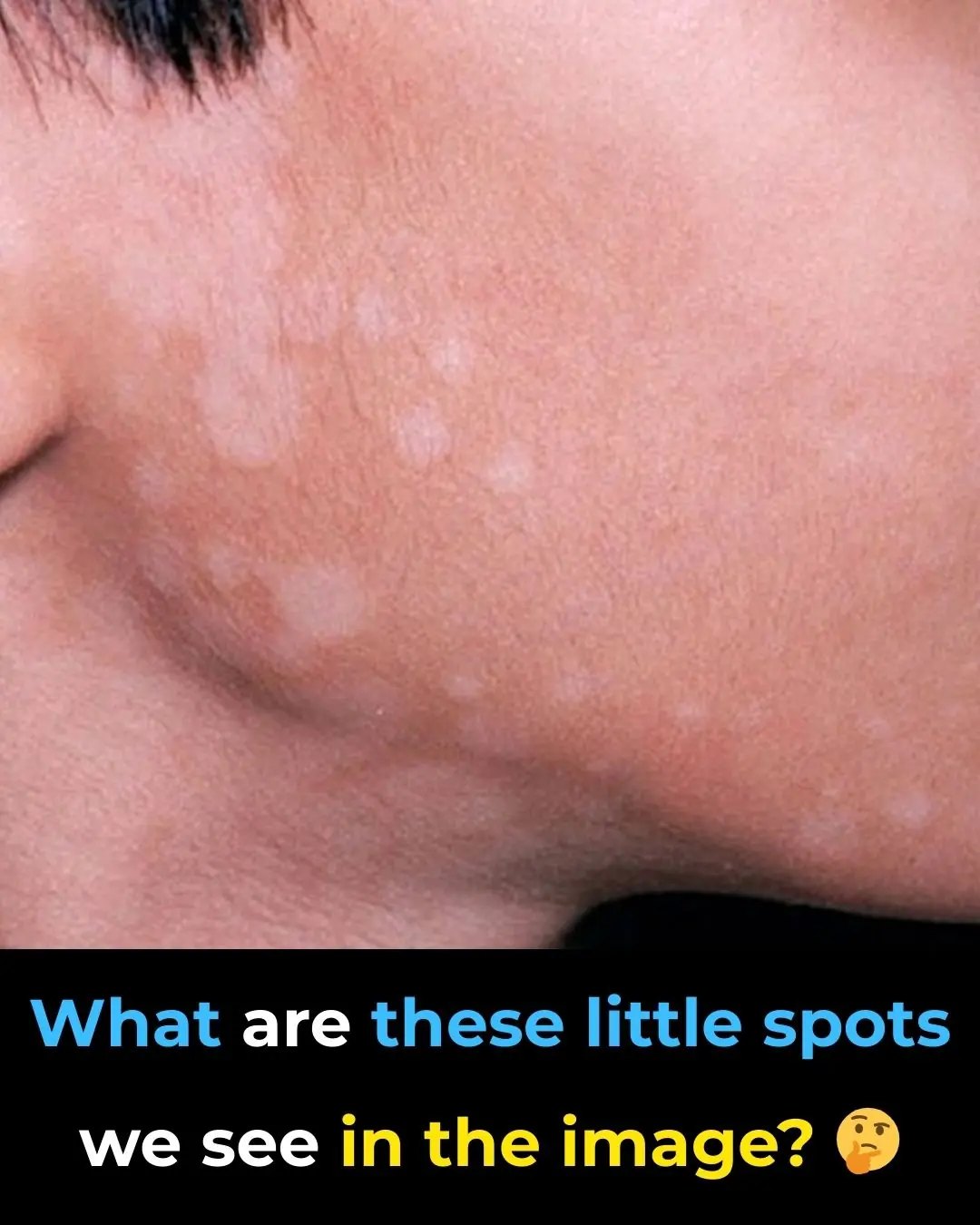
"What Are These Spots in the Image? 🤔"
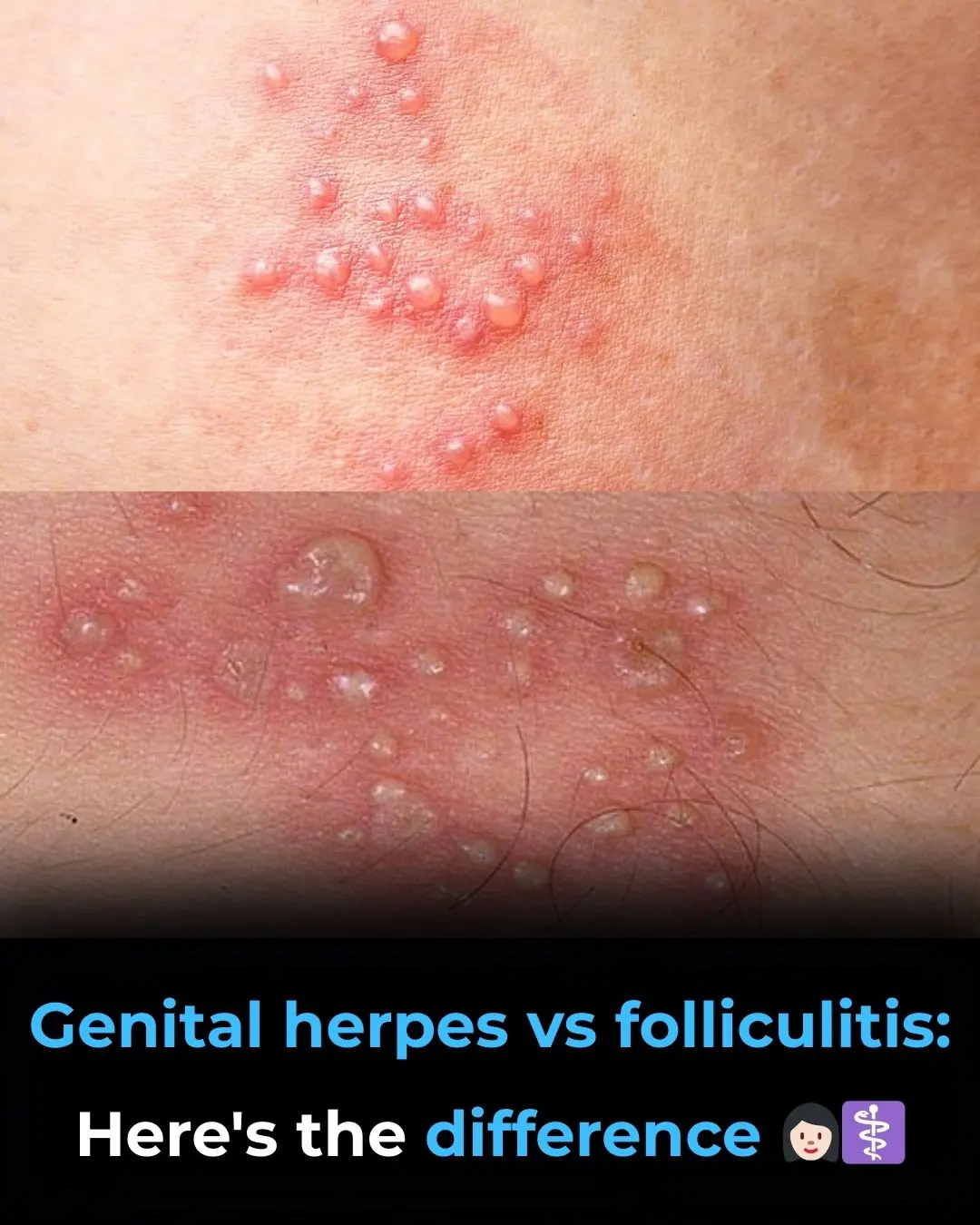
Genital Herpes vs Folliculitis: Understanding the Difference 👩🏻⚕️
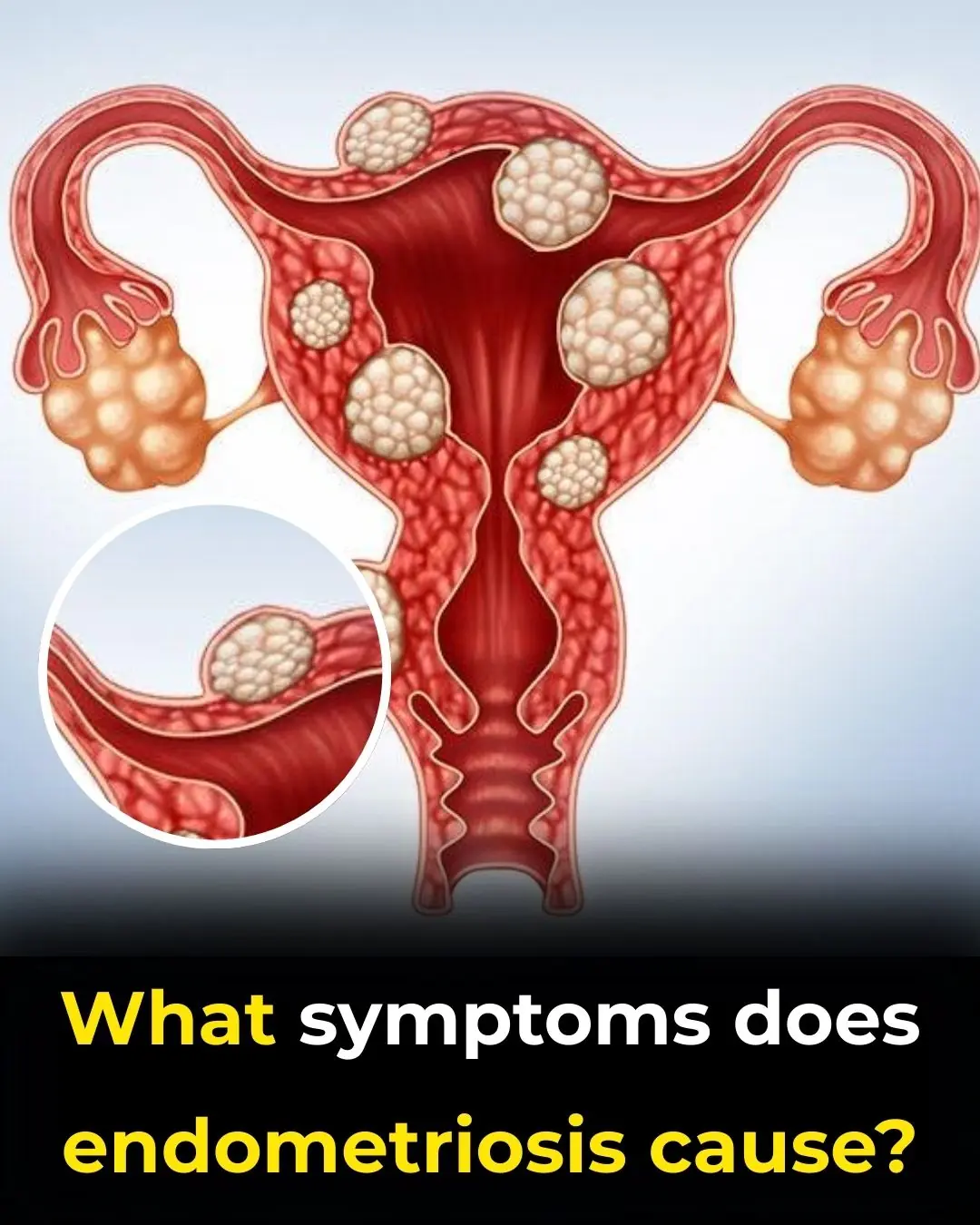
Understanding Endometriosis: Symptoms, Diagnosis, and the Importance of Early Detection with Dr. Pau Zúñiga
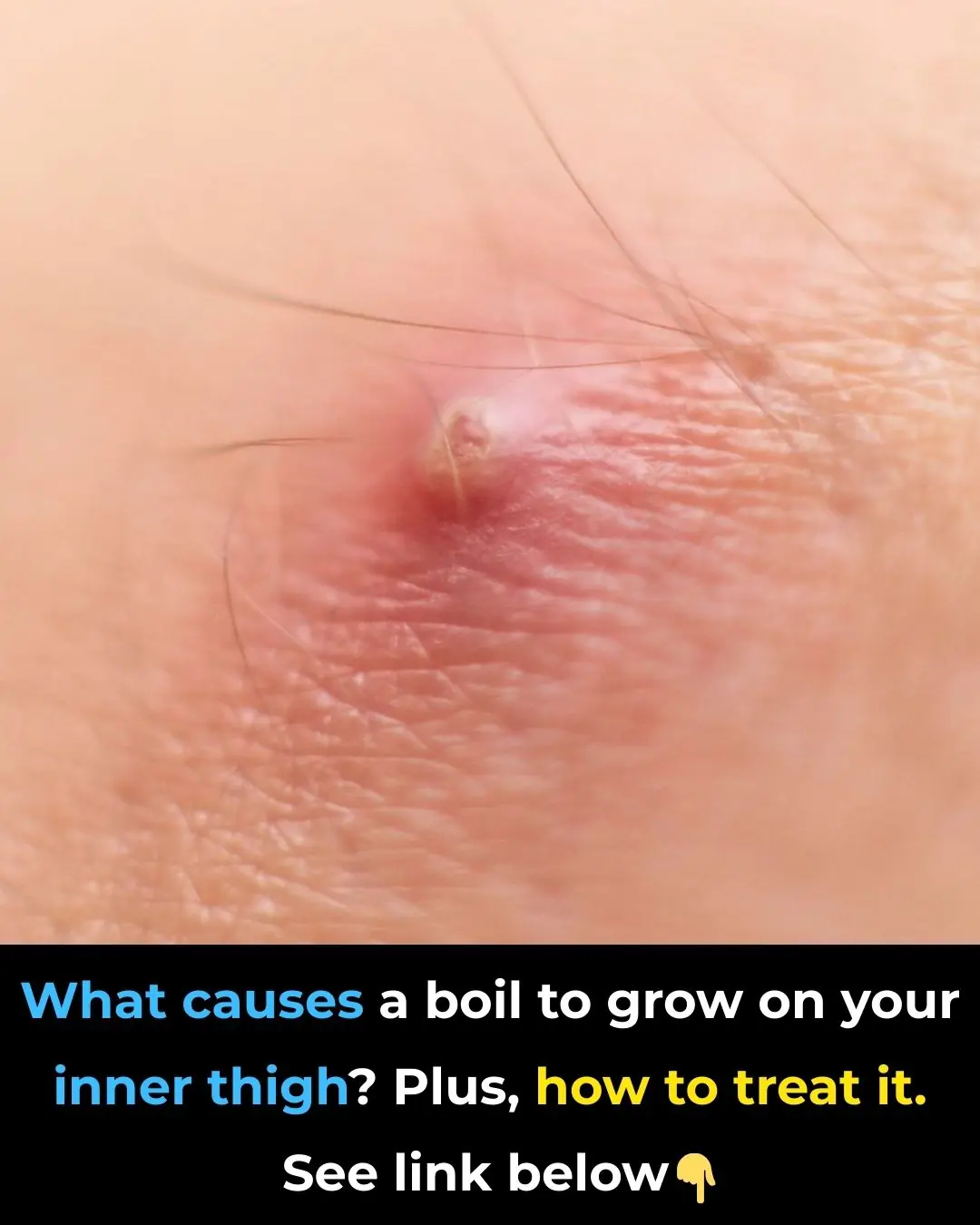
Boil on Inner Thigh: Symptoms and Treatment Options

How to help expel gallstones and cleanse a fatty liver

The best foods for a happy menopause

Knee Osteoarthritis: Understanding the Pain Behind Each Step

The Surprising Health Benefits of Boiled Eggs
News Post

Morgan Freeman Slams Unauthorized AI Voice Use, Says His Lawyers Are “Busy”

Beloved Florida pastry chef, 71, killed in freak accident with bread-making machine

He Left His Wedding to Save a Country

He Erased His Wife from the Billionaire Gala—Until the Entire Room Rose When She Walked In

Meghan Markle and Prince Harry reunite with Hollywood PR firm after 11th publicist quit

🥊 What Mary Kom Said

🕊️ The Incident

NFL fines Texans’ Azeez Al-Shaair for wearing ‘stop the genocide’ eye black

🏆 Mohanlal’s Achievement

🐾 What Mika Singh Announced

🥊 Key Revelations from Mary Kom

Chris D’Elia blasts comedians as ‘spineless’ after sexual misconduct allegations derailed his career

He Came Home Unannounced for Lunch… and Couldn’t Believe What He Saw in His Own Dining Room

“This Is All I Can Give You”: He Dumped His Pregnant Wife at a Bus Stop with Only a Loaf of Bread—Then a Single Dad and His Daughter Pulled Up

🧪 The Breakthrough Procedure

🔬 How Vaccines May Boost Broader Immunity

🔬 How mRNA Cancer Therapy Works

🧪 Historical Context: Sugar vs. Fat in Nutrition Science

🧪 The Breakthrough in Switzerland
